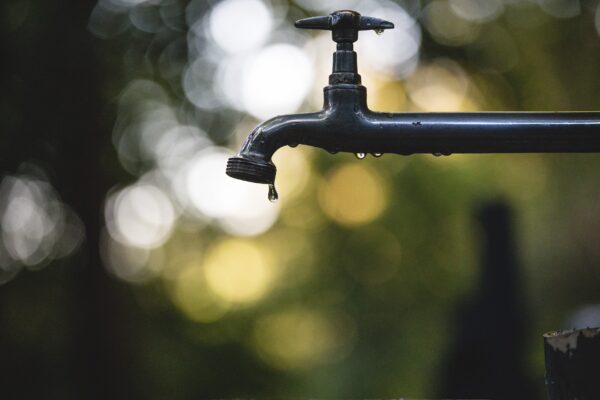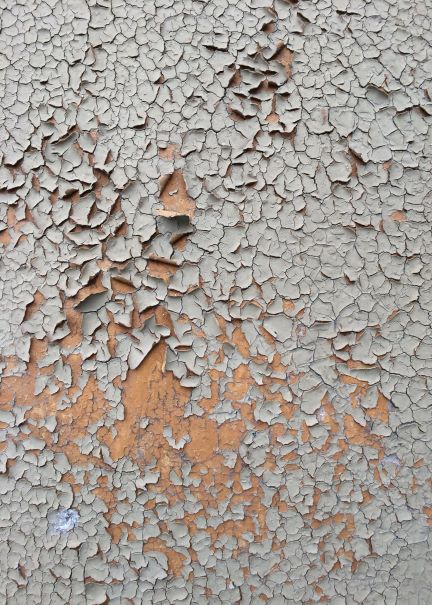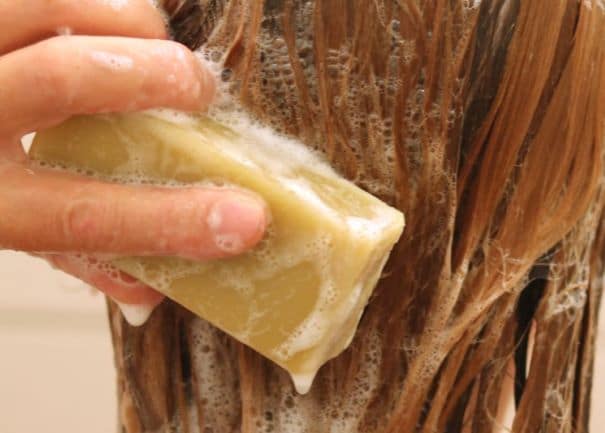
Water usage in the olive oil production
Sustainability is very important to us at il circolo. Therefore, we pay close attention both to the production and packaging

Olive oil has been used in body care since ancient times. Even in ancient Egypt, olive oil was used for hair and face care. Today’s findings show that the essential fatty acids contained in olive oil can protect the skin from drying out. In addition, the antioxidants contribute to the regeneration of the skin through their anti-inflammatory effect and can thus counteract the formation of wrinkles. Thus, it can be concluded that the valuable olive oil can help regenerate the skin. But how exactly does it work?


Of course, this list does not reflect all the aspects through which olive oil positively influences our skin, but this overview gives us a small insight into some significant aspects. But how can olive oil be used in body care?
Plant oils have played an important and varied role in cosmetics for many centuries. Olive oil in particular has played an important role in cosmetic use in Mediterranean countries since ancient Egypt. In ancient Egypt, olive oil was used for hair care and to prevent wrinkles. Over the centuries, in addition to the positive effects for skin and hair, the health benefits and positive aspects for diets were discovered. In order to understand how and in which areas olive oil can be used for body care, we will give you an overview with 4 tips to make it yourself in the next points.

The use of olive oil for facial care is diverse and has a long tradition. Olive oil can be used as a pure oil on the skin to counteract dehydration and wrinkling and thus help regenerate the skin. Often this positive effect is only proclaimed for dry skin, but olive oil can also be used for oily and blemished skin. For these skin types, however, it should be used in small amounts. Olive oil can help to unclog the pores and thus prevent the development of pimples and acne, without at the same time leading to oily or too dry skin. For pimples, the antibacterial effect can help reduce redness and swelling. Mixed with brown sugar, olive oil also helps to brighten the skin as a natural exfoliant. Many also swear by olive oil as a makeup remover, mixed with aloe vera for extra moisture.

Olive oil is processed as soap to cleanse the skin in a caring way. Olive oil soap is also a natural product with a long tradition. In its present form, olive oil soap was probably first produced in the Middle East in the 7th century. The Arabs brought the knowledge of soap to Europe with their conquests and to this day France and Spain are considered centres of soap production. Olive oil soap is made like other curd soap. Here, a sodium hydroxide solution is prepared, which is mixed with olive oil and possibly other fats in a pot with a mixer at 45 degrees Celsius. Other aromatic oils (e.g. essential oils, flowers, herbs) can be added at will. For a sustainable use of our leftover stock from 2019, we have found a partner together with the Dutch soap producer Werfzeep to also use our leftover olive oil in soap production. Here, Werfzeep uses only natural ingredients to produce the delicious smelling and beautiful soaps. What was especially important to us: despite recycling the leftovers, we were able to agree on a fair price for both parties in order to stay true to our principles. Click here to learn more. Olive oil in soap ensures that the skin is not only cleansed but also nourished. Olive oil soap is suitable for almost all skin types due to its gentle and mild character, but especially for sensitive skin.

Olive oil can also be used for hair care. Although the oil is not suitable for every hair type and every hair structure, it can replace a purchased care product in many cases.

You can get really good olive oil here, if you feel like trying out these tips.

Sustainability is very important to us at il circolo. Therefore, we pay close attention both to the production and packaging

We cook with extra virgin olive oil! We have found that olive oil is at its best in simple dishes

Every day, but especially on 26 November we honour the olive trees in our olive grove – from young to

il circolo V.O.F.
Tacituslaan 7
3584AP Utrecht
Netherlands
[email protected]
tel: +31 (0)6 42254141
KvK/HRB: 74704257
BTW/MwSt: NL859998502B01
5 euro discount on your next purchase?
Sign up for our newsletter with tasty recipes and interesting background stories about il circolo olive oil and receive a discount code for yourself and your friends (displayed after email confirmation).
This website uses cookies so that we can provide you with the best user experience possible. Cookie information is stored in your browser and performs functions such as recognising you when you return to our website and helping our team to understand which sections of the website you find most interesting and useful.
Strictly Necessary Cookie should be enabled at all times so that we can save your preferences for cookie settings.
If you disable this cookie, we will not be able to save your preferences. This means that every time you visit this website you will need to enable or disable cookies again.